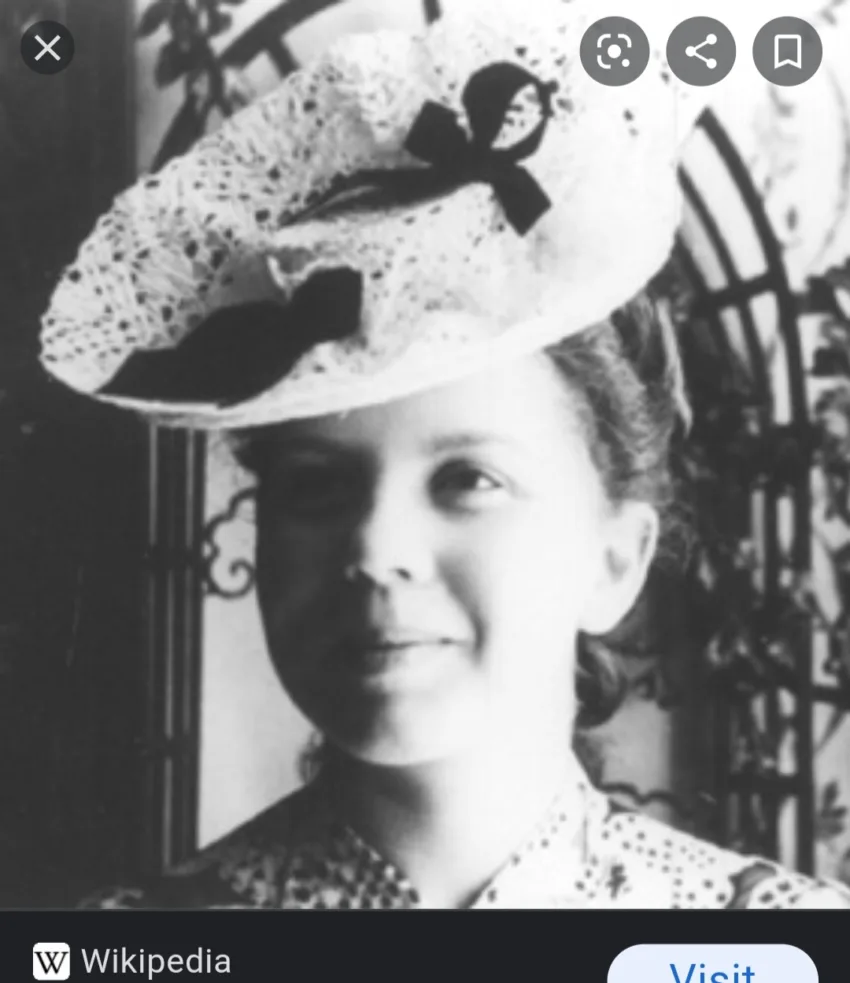1193: Jeannie Rousseau de Clarens
World War II Spy
Born: 1 April 1919, Saint-Breuc, France
Died: 23 August 2017, Montaigu, France
Jeannie’s father was a World War I veteran and a politician in Paris. She graduated at the top of her class in 1939 and was known for being adept at languages. Soon after the Germans occupied France in 1940, she began passing information along to what became the French resistance.
Jeannie was arrested for the first time in 1941 but was released because of a lack of evidence. After her release from prison, she moved to Paris, and quickly became involved with the resistance there. Jeannie was a part of the Druids Network, and she delivered information on the building of V-1 and V-2 Rockets. Her code name was Amniarix.
In 1943, Jeannie was working as an interpreter for various French businessmen who were working with the German occupying force. Jeannie spoke fluent German, was young, and attractive—everything German officers loved.
“I teased them, taunted them, looked at them wide-eyed, insisted that they must be mad when they spoke of the astounding new weapon that flew over vast distances, much faster than any airplane. I kept saying, ‘What you are telling me cannot be true!’ I must have said that 100 times.” (quote courtesy of The Washington Post in 1998).
One dumbstruck officer went so far as to show her diagrams and drawings of the rockets in order to explain it to her better. Even though a lot of the details were far beyond what Jeannie could comprehend, she had a near photographic memory and was able to recite word-for-word what she heard from the officers, passing the information on to the French resistance.
The information Jeannie passed along helped British intelligence bomb the V2 rocket facility in Peenemünde. The destruction of the facility is believed to have spared thousands of civilian lives in London.
In 1944, Jeannie was supposed to be evacuated out of France in order to be debriefed in London. Unbeknownst to her, the day before she was supposed to be removed from France, her contact was arrested. When Jeannie arrived at the rendezvous point, she was arrested.
Jeannie was initially interrogated in the same prison she had been held in three years before, but after the Germans failed to get any intelligence from her, they sent her to Ravensbrück, the female concentration camp. After arriving at the camp, Jeannie gave her captors her real name, as opposed to the false name she had been arrested under. Because of this, her captors at Ravensbrück had no idea she was the famous spy they needed to interrogate.
Soon after, Jeannie was transferred with several hundred other prisoners to Torgau, where they were expected to manufacture weapons for the Nazis. Not willing to help the enemy, Jeannie walked right up to the camp commandant, and told him in flawless German, that under the Geneva convention Jeannie and her fellow prisoners of war could not be compelled to create weapons of war.
Evidently the commandant at Torgau didn’t want to deal with Jeannie, so she was sent back to Ravensbrück and then from there on to Königsberg. While she never said exactly what happened there, conditions were so bad Jeannie and two fellow prisoners decided to take their chances.
They smuggled themselves into the back of a truck, which took them back to Ravensbrück, where they fully expected to be murdered in the gas chambers. They laid low in the camp for awhile before they were caught.
Jeannie and her friends weren’t killed, but instead they were sent to another part of the camp, where they were forced to survive on half-rations, doing the hardest and most disgusting jobs in the camp.
In 1945, the Swiss Red Cross arrived at the camp with a list of prisoners they had secured the release of. Jeannie was among them. Good timing too because she was close to death from tuberculosis.
While recovering from her illness, Jeannie met a fellow survivor, whom she ended up marrying. They had two children and four grandchildren. Though she was known for her gift of languages in her youth, when Jeannie was interviewed in 1998, she said she had completely forgotten the German language.
Jeannie rarely spoke publicly about her exploits during the war and worked for the United Nations and other organizations as an interpreter. She was given several commendations by the French government, including the Legion of Honor and the Croix de Guerre. In 1993, she also received a medal from the director of the CIA.
In the same Washington Post article mentioned earlier, Jeannie also said:
"What I did was so little. Others did so much more. I was one small stone."
Badges Earned:
Find a Grave Marked
Sources:
https://www.smithsonianmag.com/smart-news/wwii-spy-jeannie-rousseau-has-died-98-180964677/
https://www.findagrave.com/memorial/183117578/jeannie-yvonne-de_clarens

